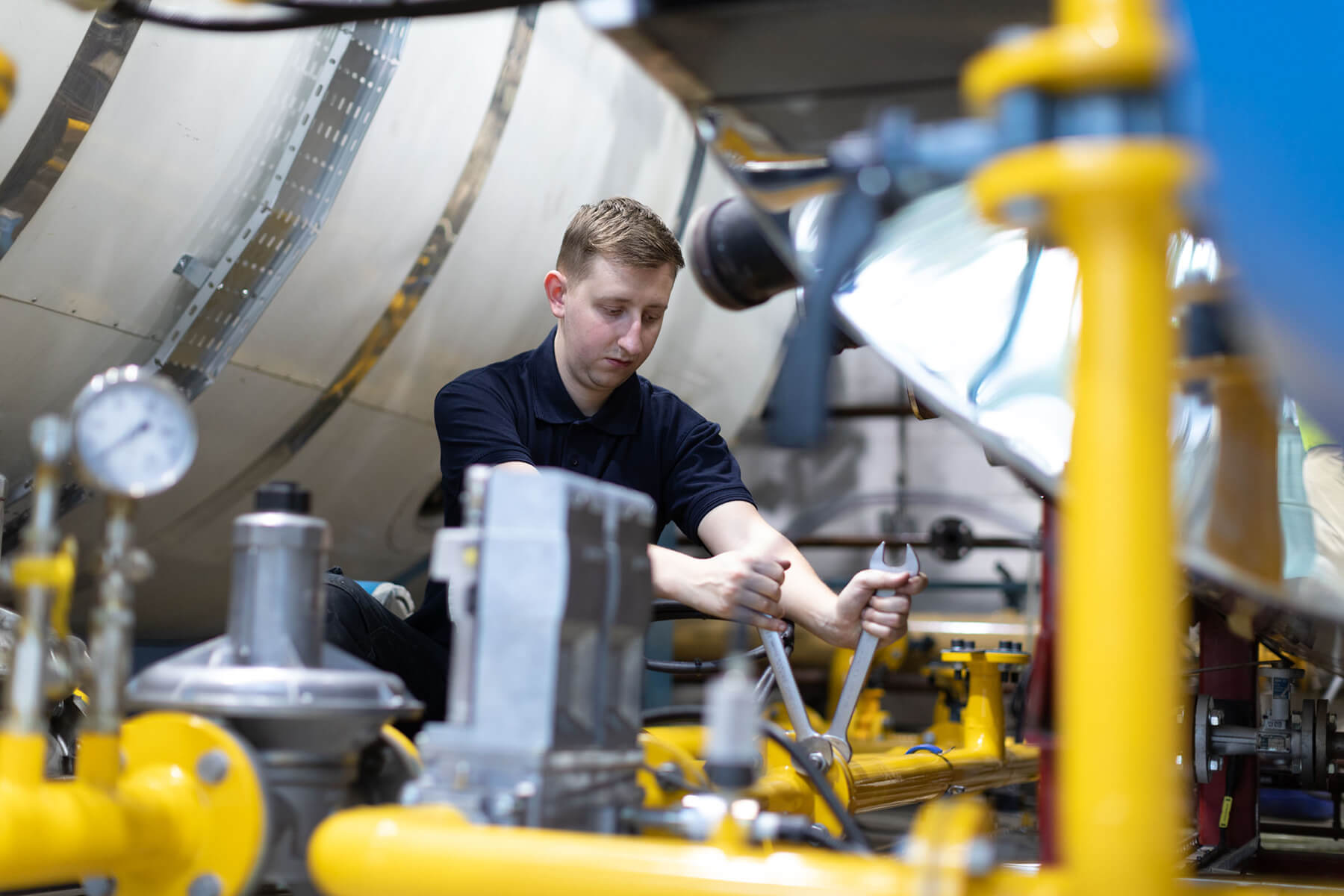
Key considerations when selecting an industrial hot water boiler
As with all boiler systems, selection depends on the specific application. These are the critical factors we assess when choosing the right industrial hot water boiler:
Number of reversal chambers
The number of times gases pass through the boiler impacts its efficiency. Two-pass (reverse flame) and three-pass systems are common. Three-pass boilers are typically more efficient due to a larger heat transfer surface area.
Heat transfer area
The efficiency of heat transfer depends on the number of passes and the size of the combustion chamber. A larger transfer area increases thermal efficiency.
Furnace diameter
Selecting an appropriately sized furnace diameter allows for effective internal flue gas recirculation. A recommended ratio is 3:5:1 to ensure optimal combustion conditions.
Insulation
High-density insulation minimises heat losses from the furnace, enhancing energy efficiency and reducing operational costs.
Gas side resistance
Pressure drops caused by deposits or poorly designed pathways can hinder performance. Proper understanding and monitoring of gas side resistance are crucial for maintaining efficiency.












